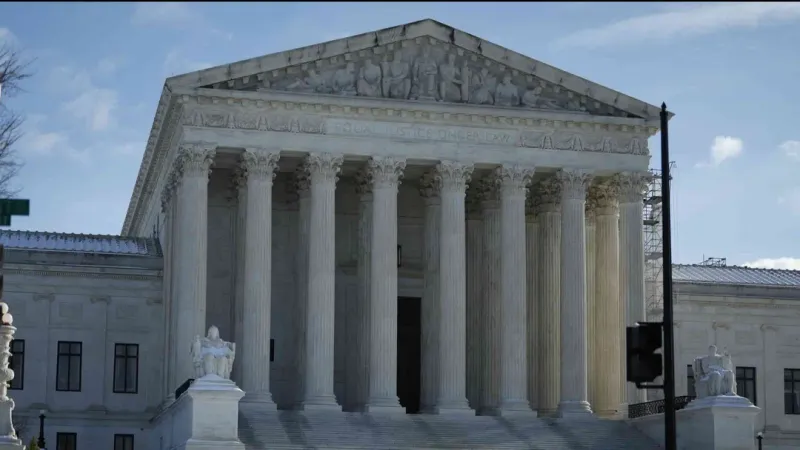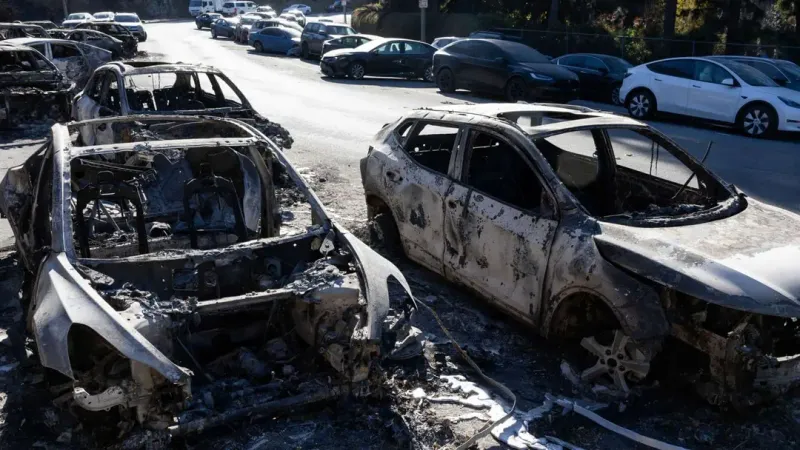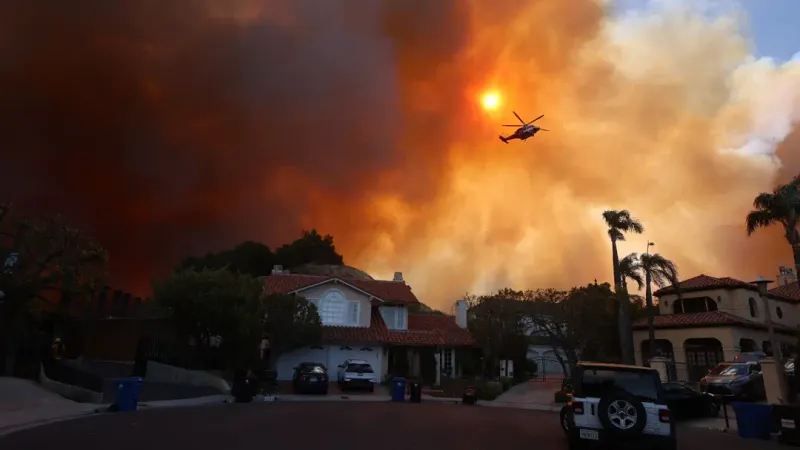More Countries Get IAEA's Nod to Build Nuclear Power Plants
About a dozen new countries could begin producing electricity from nuclear power sources within a few years, the International Atomic Energy Agency Director General Rafael Grossi said at the World Nuclear Exhibition in Paris on Tuesday....

Facts
- About a dozen new countries could begin producing electricity from nuclear power sources within a few years, the International Atomic Energy Agency Director General Rafael Grossi said at the World Nuclear Exhibition in Paris on Tuesday.1
- According to the IAEA, the number of nuclear reactors in the world must double to achieve the Paris climate agreement's targets. Grossi has said that 10 countries, including Nigeria, have already 'entered the decision phase to build nuclear power plants.'2
- Around 30 countries — including Bangladesh, Egypt, Poland, Saudi Arabia, and Turkey — are considering, planning, or starting nuclear power programs as their demand for electricity is reportedly set to match that of Europe, North America, and Japan.3
- This comes as nuclear energy projects have regained ground in Europe and China, after decades passed without the construction of new plants in response to growing calls for low-carbon power generation to fight climate change.4
- On Wednesday, the Swedish parliament approved legislation that paves the way for nuclear energy expansion in the country by scrapping the existing cap of ten nuclear reactors and allowing their construction at sites where the current plants aren't operational.5
- In 2022, about 9% of the world's primary electricity production came from nuclear power, with France, the US, China, Russia, and Canada leading the pack in generating relatively large amounts of nuclear power.6
Sources: 1Reuters (a), 2Arise News, 3World Nuclear Association, 4Bloomberg, 5Reuters (b) and 6Our World in Data.
Narratives
- Pro-establishment narrative, as provided by NPR Online News. Concerns about climate change, national security, and unreliable electrical grids have pushed the world to recognize that nuclear power has long been wrongfully stigmatized, especially in popular culture. Nuclear power is a zero-carbon, reliable energy source, far safer than other alternatives, such as coal and natural gas, in terms of deaths from accidents and pollution.
- Establishment-critical narrative, as provided by The Nation. Though it would be easy to genuinely believe the revival of nuclear energy will solve ongoing crises, including the climate breakdown, closer scrutiny shows an opposing reality. As nuclear reactors risk being weaponized, nuclear power is less reliable and safe than its advocates claim. The world should instead be investing in weather-based renewable energy.






